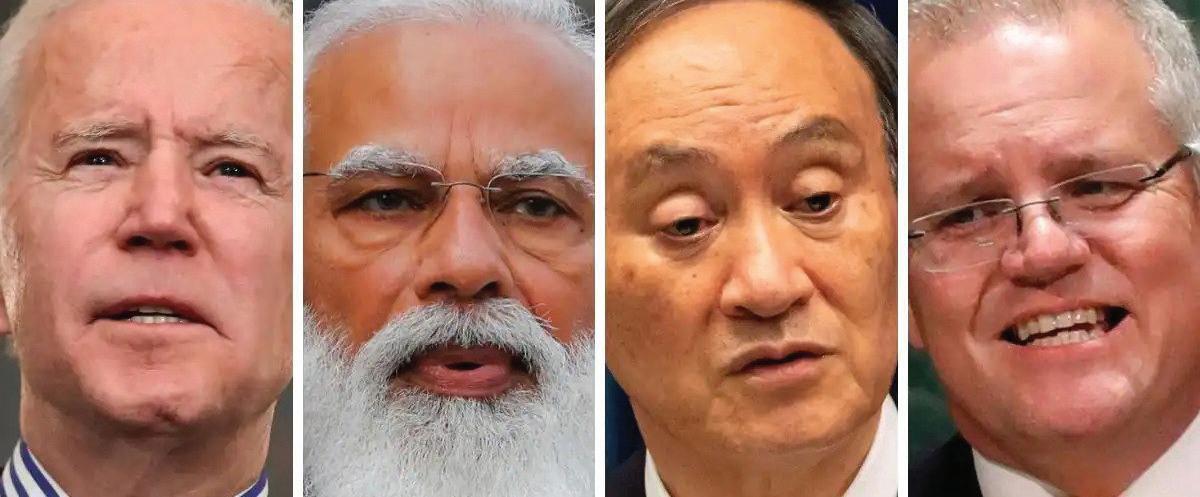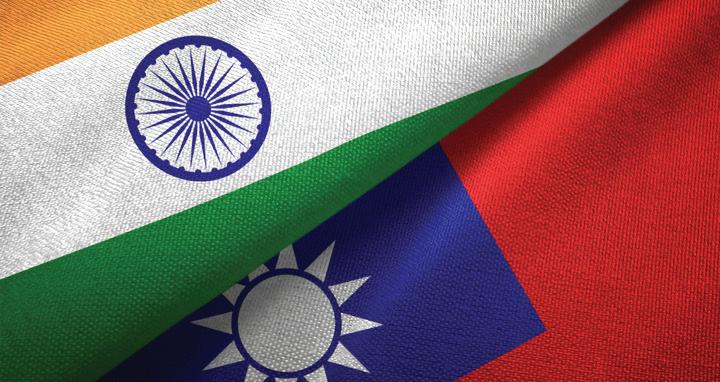
2 minute read
Coming of Age of the Quad
The announcement by the US president Joe Biden to hold the first Apex level virtual summit of the Quad members should be seen as a watershed in the history of the formation, since its inception in 2007. For over a decade, the formation's evolution into a formal entity has been impeded by India's and Australia's bilateral sensitivities towards China. But not anymore. In the wake of Australia's trade tensions with China triggered by the former's demand for an inquiry into the origins of the Covid-19 outbreak, and on the other hand, India's military confrontation in Ladakh with China, the inhibitions of the two seems to have dissipated considerably. Their renewed willingness to stand up to China's coercion and authoritarian ways has provided a fillip to Quad's growing formalisation as a regional counterweight to China. Now both Australia and India seem to be on the same page with US and Japan in adding ballast to Quad for ensuring a free, open and rule-based Indo-Pacific. Quad’s evolution is being seen as a rising ''concert of democracies", which Australia has described as an "anchor of peace and stability in the region". On the US front the positive development is the continuation of Trump’s hard stance vis-à-vis China now under Joe Biden, who in one of his presidential debates had described Xi Jinping as a “thug”. Now the decision to hold the formal virtual summit of the four Quad members, US, Japan, Australia and India is an extension of that assertive policy posturing towards China.

Advertisement
The agenda for the inaugural Quad virtual summit is quite wide including Covid-19 strategy, vaccine production, climate change, supply chain disruptions, critical and emerging technologies and maritime security, but it may well be the case of downplaying any "anti-China" signalling. Although, there is no denying that China is the elephant in the room in the burgeoning resolve of the Quad members.
The 12 March virtual summit symbolises a push back from regional democracies, including some the ASEAN members, against China's trade and territorial authoritarianism, and ensure a peaceful and rule-based order in the Indo-Pacific. Whether, the Quad will turn into some kind of NATO type military alliance is too early to anticipate.
But the growing unanimity among the Quad members to build some kind of a collective arrangement to secure the region against future Chinese misadventures has certainly evoked interest among other regional powers. South Korea too has expressed its desire to join the Quad in a "transparent, open and inclusive" manner is a case in point. It shows the unease among regional powers, especially democracies, against China's regional hegemony and territorial muscle-flexing. It is an indication that South Korea and several ASEAN members now seem inclined to support the Quad, if not join immediately, owing to their own troubled relationship with China over the years. It is understandable that unlike the four Quad members, other regional states may be wary of a military or economic backlash from China, but nonetheless, the havoc that Covid-19 has caused across world economies, and China's territorial aggrandizement in the Indo-Pacific, many states may gradually lend their support for a stronger Quad as a counterweight to China.
In short, the inaugural virtual summit of the Quad members is nothing short of a watershed.










